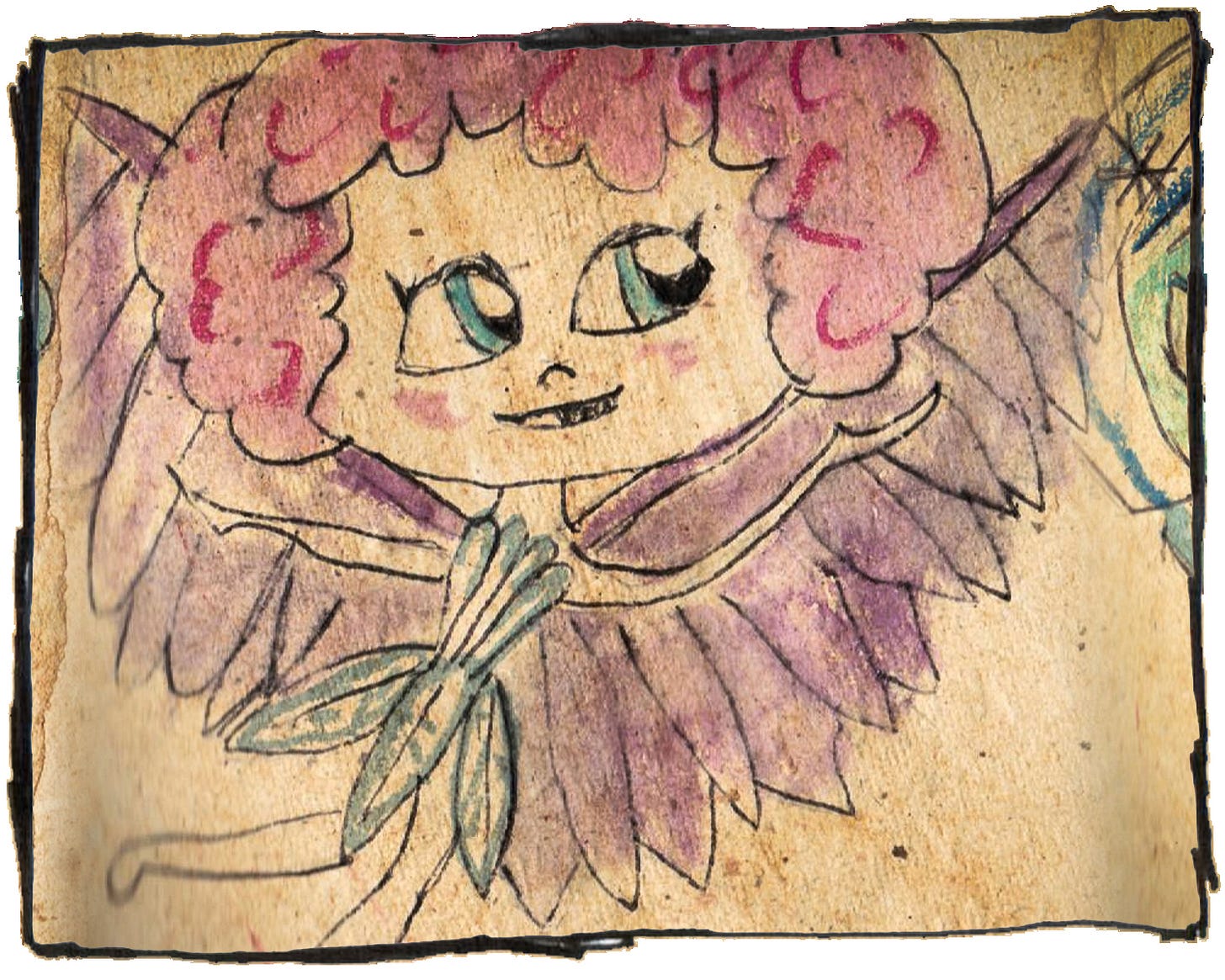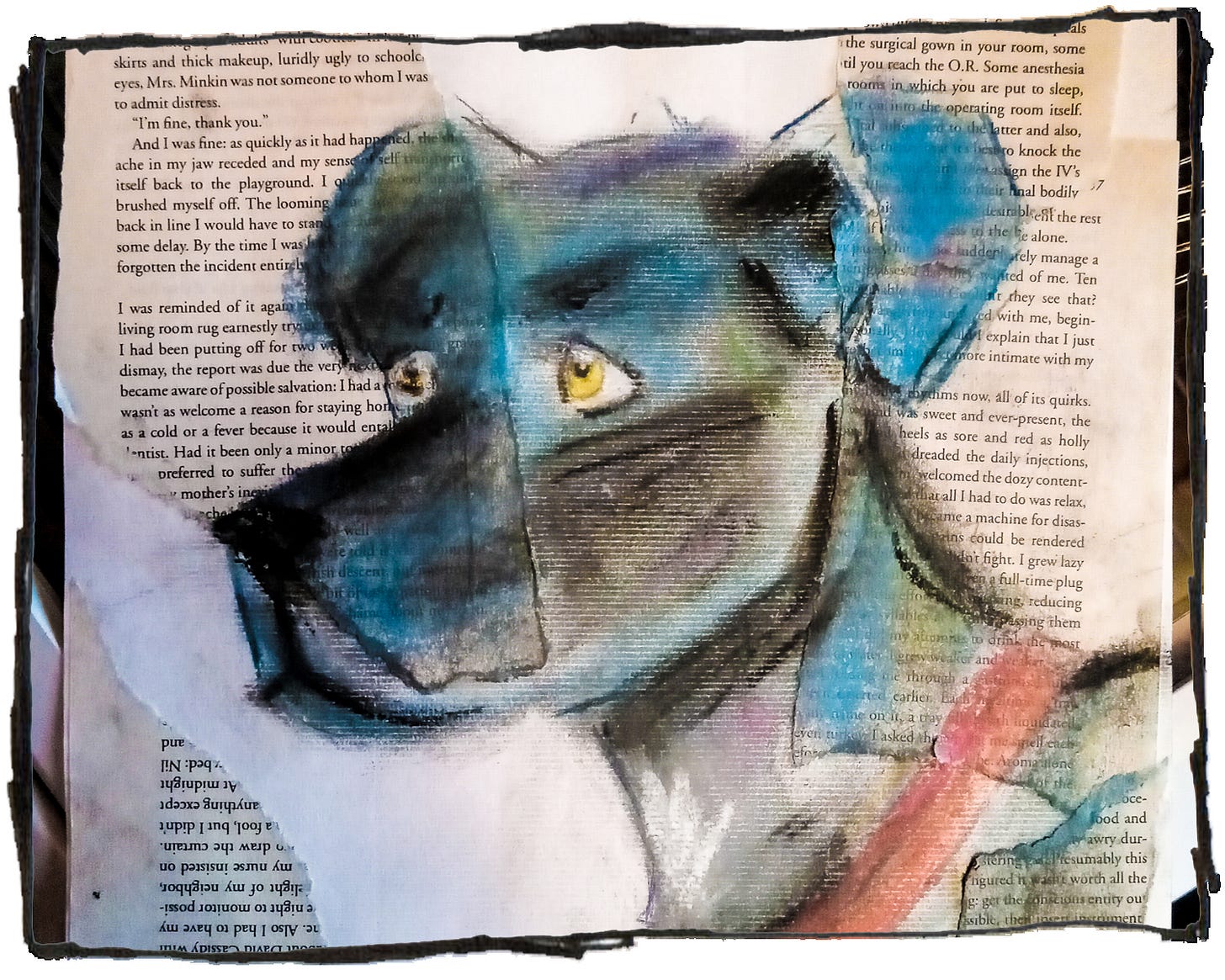How to Come Up With Personal Anecdotes to Write 20 Quality Articles a Month
With a few mindfulness tricks, you’ll have more story ideas than you are able to write
Hello Everyone,
Today’s article is in response to a question from
who writes:How do you come up with topics and personal anecdotes for 20 narrative stories each month?
I think that this is a question that most writers will engage sooner or later. When I first started on Medium, one of the first things I did was to sit down and brainstorm a list of potential article topics.
I intended to reference that list if I ever ran out of ideas. The funny thing is that I’ve never needed to go back and look at it. Sometimes when I write something it ends up pretty well “set” in my brain. Or, it could be that I’ve just found enough new things along the way.
However, quite a few writers have reached out to me to tell me how useful they found the list. If you’re interested you can read it here (I’ll probably import this to Substack so you can reference it here if you’re not on Medium).
Actually, just glancing at that list is a little scary because I realize I have gone through and written articles on just about every item on it.
Today, I use the same process as most writers. I spend a lot of time mulling over ideas, and as I contemplate things, I often stumble across succinct phrasings that I know will make good titles. Once you have the title, you just have to get the hook. Once you’ve got those two things, the article is in the bag.
My basic process is:
Send myself emails with story ideas
Write story ideas in my notebook
Write story ideas on envelopes or other trash that’s lying around
Try to remember (don’t do this)
That’s just for collecting the ideas, but Sandra’s question is about how to “give birth” to the ideas (because that’s what it is). So, let me offer some general concepts that will make nice headers and I’ll go into greater detail right up until Substack sends me the notification the email has gotten too long to send.
Things to be mindful of:
You can use the same anecdote more than once
Some mornings are “freebies”
Read your favorite writers
Write articles instead of rage responses
Brainstorm ways to simplify a complex concept and find parallels in your life
You can use the same anecdote more than once
One thing I know to be true about everybody is this, you have a lot more ideas rattling around in your head than you realize.
The problem is that you sit down at your computer and wait for the ideas to come to you. That’s not how herding ideas works. You have to sneak up on them, or put out food, or train a dog to run them down.
I never sit at my computer not knowing what I’m going to write about. I rush to my computer every morning the same way my dog rushes outside after he’s been locked in all night. I need to get some ideas out and it’s frankly a relief.
So, what you need to do is get to that “I need to release these ideas” stage. One thing you might try is to think of the stories you tell at parties. Imagine you’re at the party, imagine the people there you don’t like. Imagine the snide things you want to say to them.
This brings to mind thoughts you’ve already told (those ones are good because you’ve been through them a lot) and the stories you wish you’ve told (those ones are less factually accurate, but probably more likely to hold an audience).
I also find that the way I look at things that happened to me 10 years ago is different than the way I look at things that happened to me 20 years ago. Your perception of the things that happened to you changes, so you might as well write it again. Your readers aren’t going to notice it’s the same story. You’re a completely different person now than you were even 3 months ago, so everything that’s ever happened to you is fair game.
Some mornings are “freebies”
There are some mornings where I sit down to write and then end up writing something completely random that just pops into my head.
Those tend to be the best stories.
I think the trick there is to write the thing that you’re most passionate about. Never say, “I’ll get to that after I’m done with this other job, and it will be like a reward.”
No, always do the “reward” writing first. I abide by this in novel writing too. If there’s a cool scene you want to write, don’t waste time giving all the backstory about a character. Write the cool scene. Then write the backstory when you’re passionate about it.
Read your favorite writers
There are a couple very good writers on Medium that I read with regularity. Often, I get about halfway through one of their articles and I find myself inspired to write something of my own.
Don’t feel you have to read somebody’s article all the way to the end. If you feel inspired to write something, go do it. That’s a great compliment to the writer. Just leave the article open in another window so the writer gets the full read time.
Write articles instead of rage responses
Social media is bad for writers, but only if they are dumb enough to get into rage debates. If you just scroll through social media until you find something asinine people believe, then stop and go and write an article.
The last thing you want to do is try to convince some fool on social media that he (it’s always a he) is wrong. Just log off, and log on to Open Office (or whatever overpriced word processor you rich folk use... speaking of that, don’t forget to upgrade to paid).
I’ve written some really good articles that started off because my brow began to heat up over some ignorant comment. It’s actually a much better way to get back at the trolls.
Brainstorm ways to simplify a complex concept and find parallels in your life
I was thinking about the idea of reparations for the Black community, and I recalled how white supremacy apologists always say “Well, that happened a long time ago.”
If you’re like me, right away you can tell that this is not a satisfying assessment. So, I started trying to come up with a simple phrase that showed how it’s wrong. I ended up with the phrase, “You might not have robbed the bank, but you’re the one who spent the money.”
Now, I don’t have any experiences with bank robbing, but if you can pivot to a moment in your life where something was stolen from you, that would be a nice hook to the article.
These things kind of build on each other.
Don’t try to get the whole article at once
The creative process is like putting together a jigsaw puzzle. Your job is to construct the puzzle, but only after you gathered up the pieces.
In your writing notebook you can put various ideas, but you have to sort out what these ideas are. Some of them are hooks, some of them are anecdotes, some of them are titles, etc. Once you’ve got a big enough list, you can combine them all in a variety of ways.
Some concepts are too big to handle in one article, so you’ll revisit them multiple times. Some titles can be used for a variety of topics with just slight variations. Everything is constantly repurposed and built upon.
It’s all a matter of, well, sorting out what you have to say.
Does that help? I hope so!
My CoSchedule referral link
Here’s my referral link to my my preferred headline analyzer tool. If you sign up through this, it’s another way to support this newsletter (thank you).
For paid subscribers
Please take advantage of this. Send in your questions and I’ll feature them in my posts. It should work as an effective growth model for you:
If you have a question for me, fill in this form. If your question is chosen I’ll include my answer along with a link to your Substack handle in my next newsletter.









Great common sense tips. Thanks Walter
Some great ideas, thank you! My Substack is a mix of class content, teaching moments, how-to's, and quite a bit of my take on these things. Some articles are completely my opinion along with personal anecdotes. So, your suggestions have gotten my mind rolling in new ways. As I stroll through Facebook, X/Twitter and the mainstream national news, I copy and paste webpages, or article bits into my Substack drafts pages along with a sketchy title and date for the post to drop. Then, as I move through my scheduled articles, I go over some of the potentials. Some actually make it to the published page! Some are entirely scratched, or one small piece will inspire a completely new article approach. Creativity is awesome.